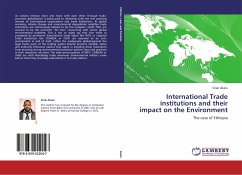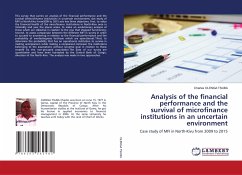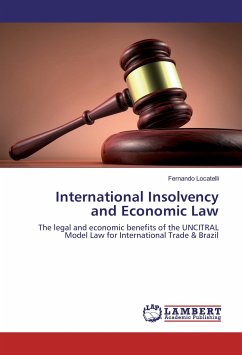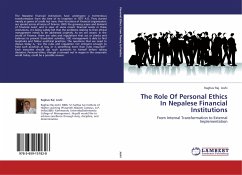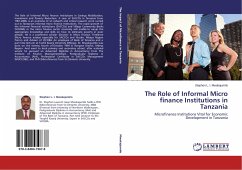As nations interact more and more with each other through trade, economic globalization is being used to ultimately unite the ever growing interest of transnational corporations and trade institutions. As global warming, climate change and environmental degradation amplifies trade institutions are continuously blamed to be the instigator whilst TNCs are accused to be the economic "hit men" concerning with recent global environmental problems. This is not to solely say that free trade as prompted by prominent international trade figure like WTO or regional trade institutions like COMESA or IGAD are assumed to be anti-environment in and of itself, rather the inadequate global/regional the legal frame work of the trading system directly prevents member states and indirectly influences nations that aspire in acceding these institutions from pursuing strong environmental protection policies, laws and practices in their respective countries. The main preoccupation of WTO, COMESA or IGAD are with liberalizing trade whenever environmental matters come before them they invariably subordinate it to trade matters.
Bitte wählen Sie Ihr Anliegen aus.
Rechnungen
Retourenschein anfordern
Bestellstatus
Storno

